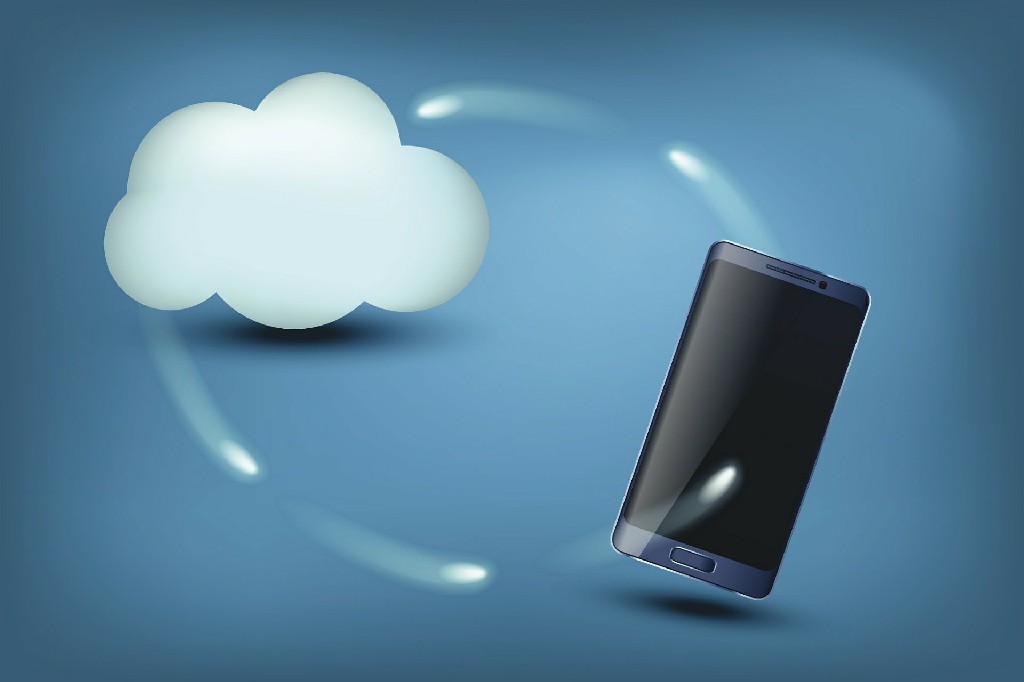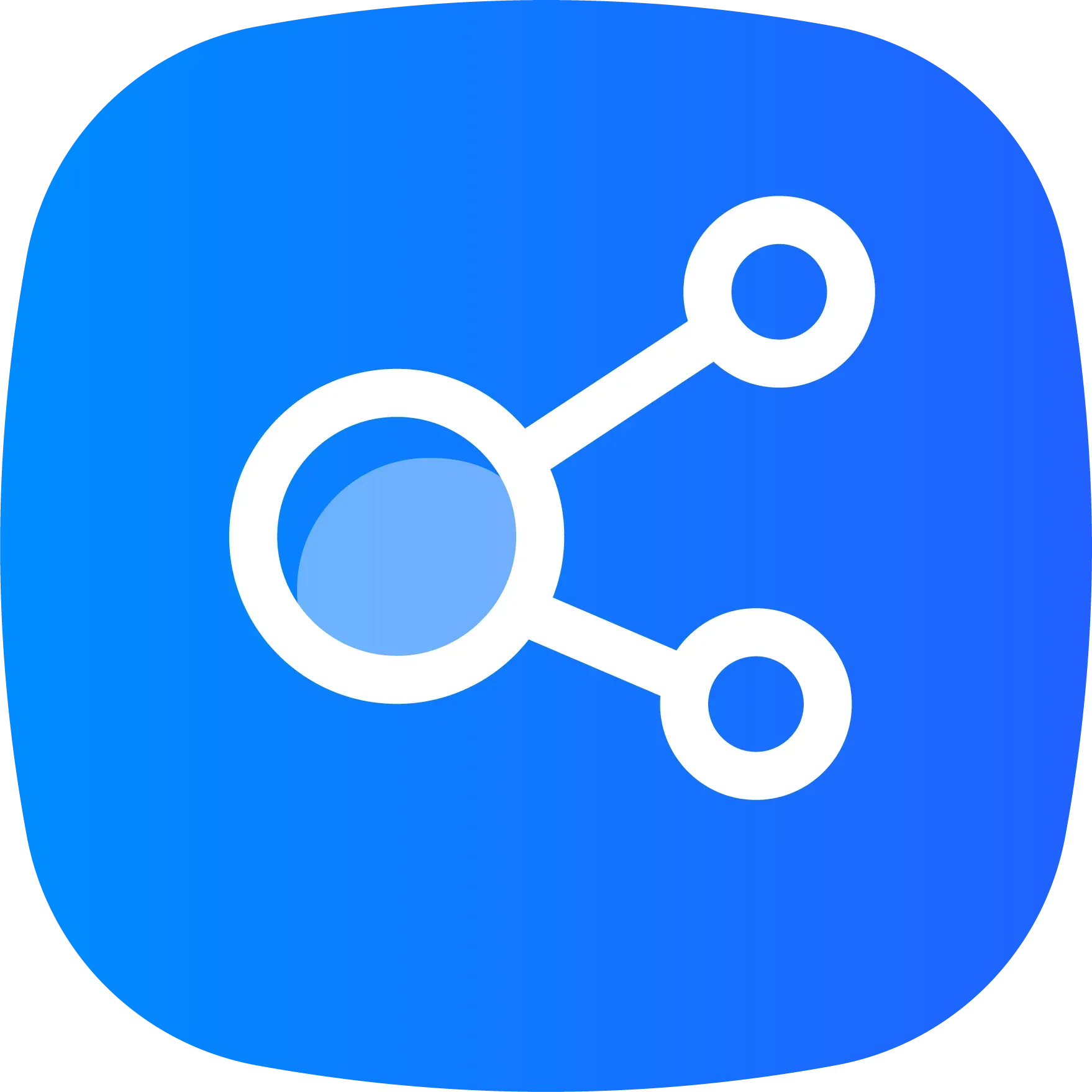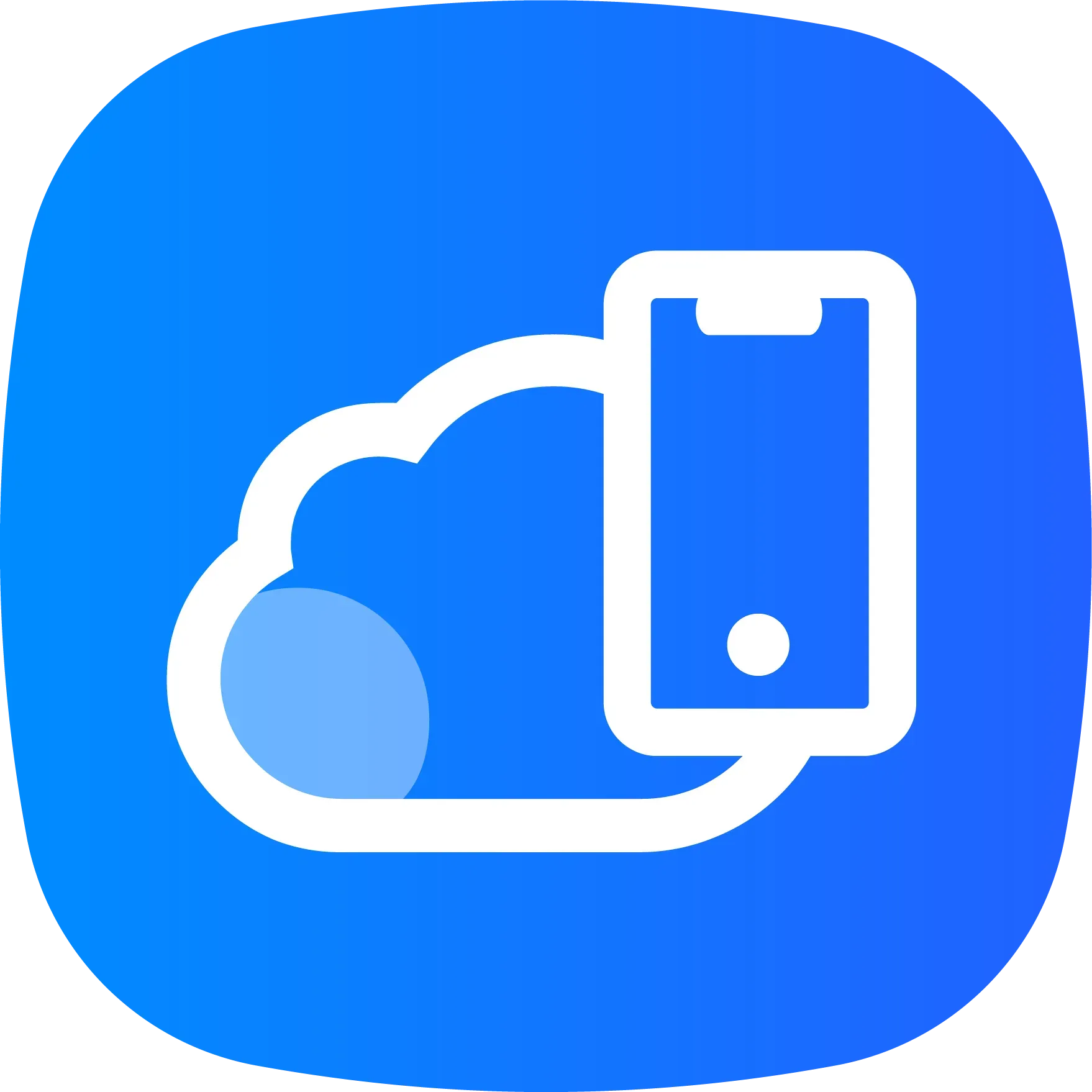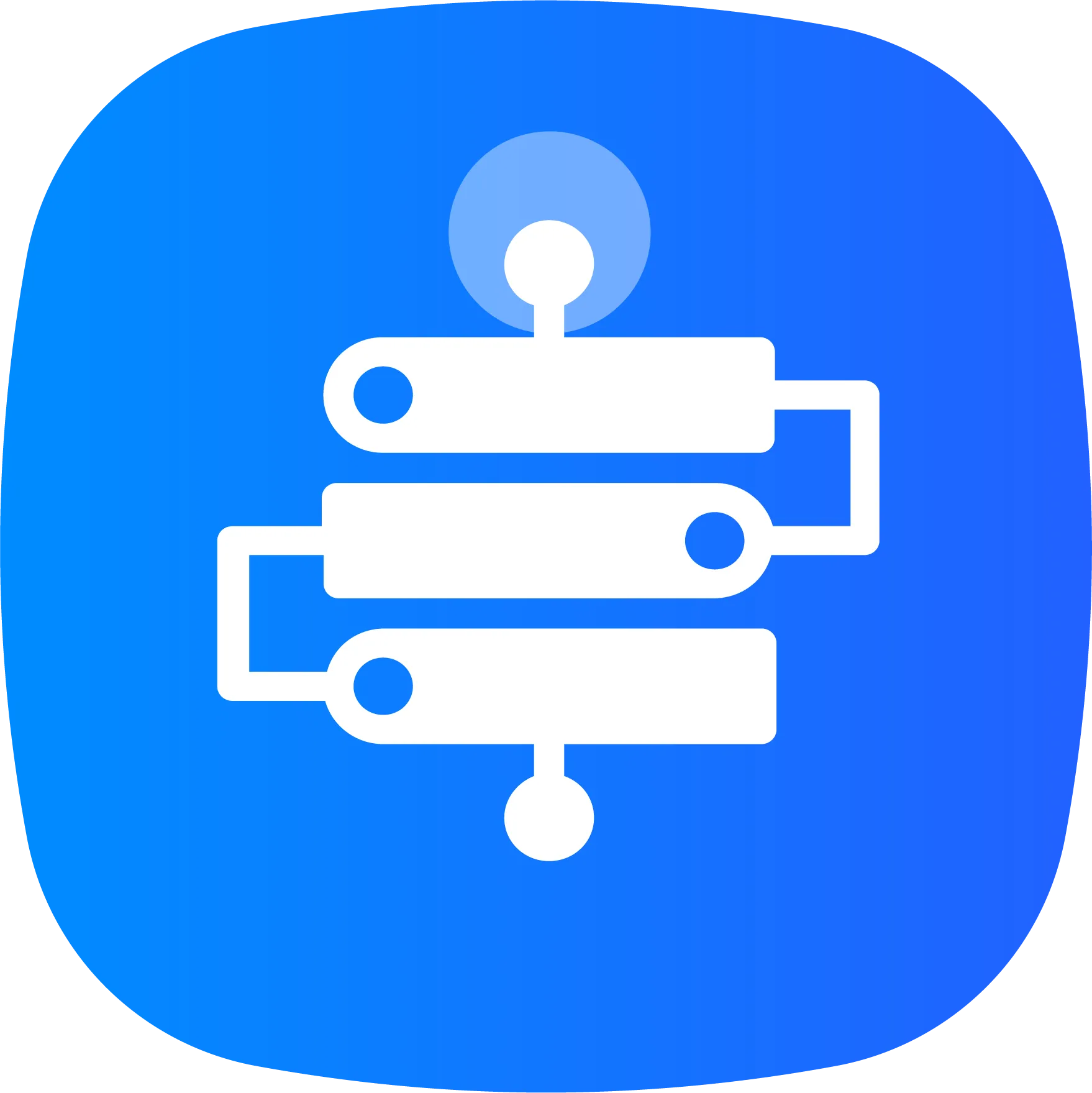Global IT supply chain
International transportation + IT O&M outsourcing + self-owned backbone network
Smartphones have become ubiquitous, and with the advancement of communication technologies like 5G and cloud computing, smartphones have undergone significant changes. In recent years, the concept of cloud phone system has gradually gained recognition. What is a cloud phone, and how does it compare to a physical phone in terms of advantages and disadvantages?

Differences between Physical Phones and Cloud Phones:
1.Appearance:
Physical Phone: Physical phones are tangible devices with weight and occupy physical space. They generate heat during charging. They don’t rely on cloud servers and can be used directly by holding them in your hand.
Cloud Phone: A cloud phone is a virtual phone operated remotely through cloud servers. It resembles a physical phone in its user interface, allowing users to download applications. However, it cannot make calls through a SIM card but is otherwise similar to a physical phone.
2.Storage Capacity:
Physical Phone: With the continuous expansion of internal memory in smartphones, it can range from 64GB to 512GB or even more. However, as applications and games become more feature-rich, they also consume more memory.
Cloud Phone: Cloud phone system is a virtual phone that run in the cloud, storing their data on servers with nearly unlimited storage capacity. These cloud phones are maintained by specialists and can accommodate any type of software, eliminating concerns about data loss due to insufficient storage.
3.Performance:
Physical Phone: Physical phones rely on their CPUs for performance, which can vary among different brands. Prolonged usage may lead to overheating, lag, and reduced performance, especially during resource-intensive tasks like gaming.
Cloud Phone: Users can customize their cloud phone’s computational power by choosing different levels of CPU/GPU cache, storage space, and other computational resources according to their needs. This flexibility allows users to adapt their phone configuration to meet their specific requirements and efficiently utilize the hardware resources.
4.Cost:
Physical Phone: Phones designed for seamless gaming and high-performance use tend to be expensive, with some models exceeding a premium price point. This investment in hardware can be substantial for dedicated gamers.
Cloud Phone: Cloud phones offer the ability to control multiple virtual phones using a physical device, breaking free from the limitations of terminal hardware. This enables multiple instances, group control systems, and screen mirroring, making complex operations easy with a simple physical device.
In the era of 5G, smartphones are evolving to offer a wider range of applications, and mobile cloud phones, which run in the cloud, are an extension of physical phones in the 5G era. As mobile cloud phones become more common and widely used, they are expected to provide extraordinary cloud-based services.
Currently, individual users typically purchase physical phones for personal use, while some businesses and studios select cloud phones based on their specific operational needs. You can make your choice based on your individual circumstances.
If you have questions about cloud based smartphone or are unsure whether you need a cloud phone, feel free to consult Ogcloud, and we will provide detailed answers to all your queries!

International transportation + IT O&M outsourcing + self-owned backbone network

Cellular chips + overseas GPS + global acceleration network

Overseas server room nodes + dedicated lines + global acceleration network

Global acceleration network + self-developed patented technology + easy linking

Global Acceleration Network + Global Multi-Node + Cloud Network Integration


